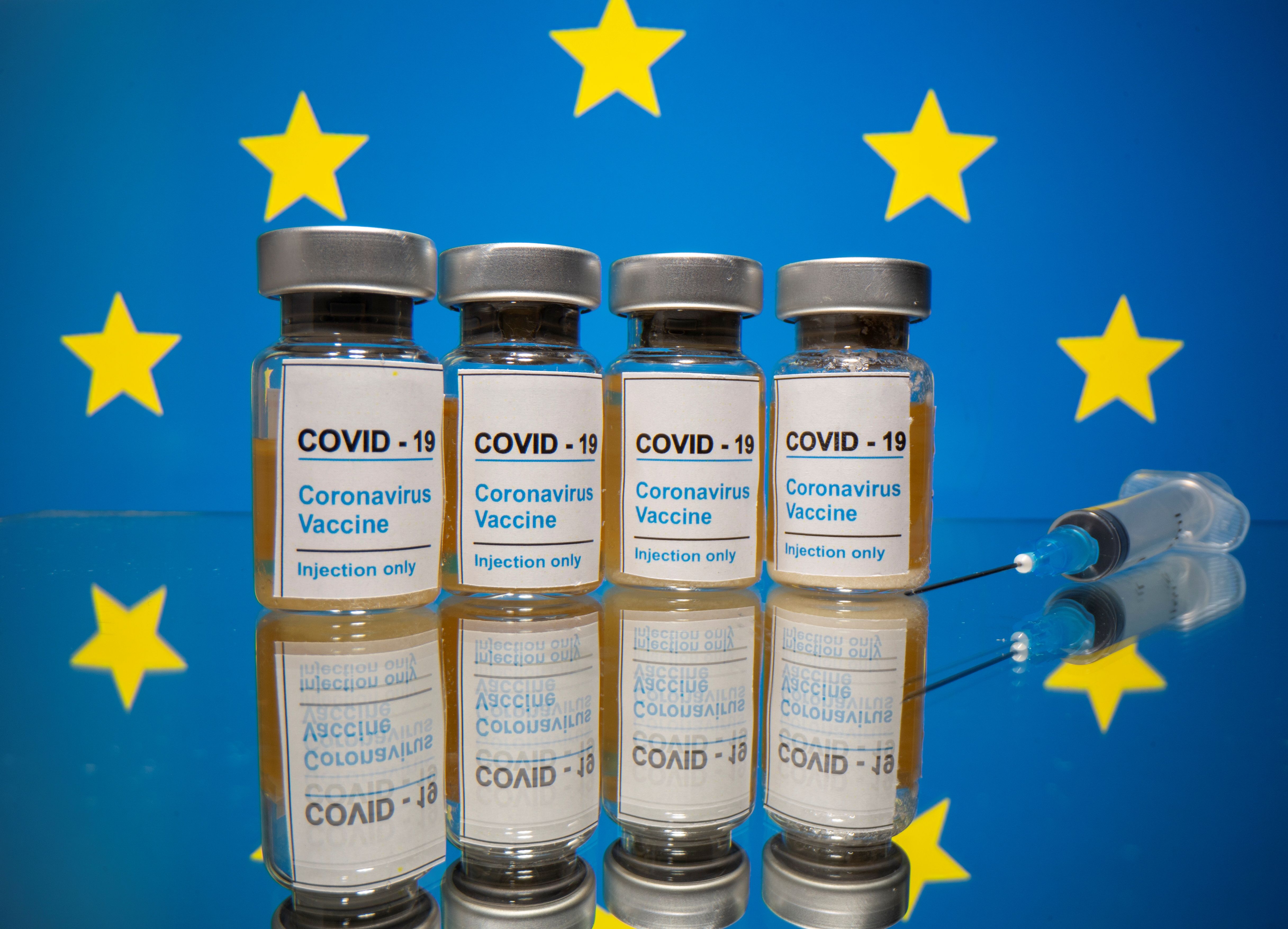Joint Crisis-Response: Towards a European Health Union

The creation of a European Health Union was announced by President Ursula Von der Leyen in her State of the Union. Based on it, in mid-November the EC presented a package containing, among others, a proposal for a regulation on serious cross-border threats to health and proposals to extend the mandates of the European Centre for Disease Prevention and Control (ECDC) and the European Medicines Agency (EMA). Then, on 24 November, the Commission published a pharmaceutical strategy for Europe. Next year, the EC plans to present a European plan to fight cancer. As argued by the Commission, these proposals are, on one hand, a reflection of the experiences of the first stage of the coronavirus pandemic, and, on the other, a response to the EU’s long-term health challenges. They also meet public expectations regarding increased EU involvement in solving health crises—in a Eurobarometer survey, 66% of Europeans felt that the Union should have greater competences in this area, and 54% supported increasing the EU budget for healthcare. The Commission’s proposals correspond with the EU programme for health (EU4Health) for the period 2021–2027 presented by the European Commission in May.
Crisis Management
The EC proposal provides for the possibility of recognising a public health emergency (for a limited period) at the Union level in order to apply Union-wide measures. This recognition is to be made by the Commission with the support of a special advisory committee on public health emergencies composed of experts selected by the Commission. According to the proposal, the system of health-crisis preparedness and response is also to be improved. The Commission will be responsible for the preparation of a pan-European emergency response plan while the Member States will submit national plans. On this basis, the Commission and the Health Security Committee will regularly make recommendations on possible gaps in the security systems. The Commission is also to be empowered to organise training for healthcare professionals and support states in joint procurement for medical supplies.
In light of the new challenges, the mandate of the ECDC will be extended to make the agency the focal point of the European epidemiological surveillance network. The agency is to coordinate an internet platform for monitoring health threats based on common standards and definitions, and build a network of EU reference laboratories providing advice on new pathogens. It will also be involved in auditing national preparedness plans and testing the strength of health systems. If necessary, it will be able to deploy an EU Health Task Force to assist the local response in Member States. Moreover, the competences of the European Medicines Agency will be strengthened, which, apart from monitoring the safety of medicines, will also deal with minimising the effects of shortages of medicines and medical devices, advising on medicines and their use, and coordinating studies monitoring the effectiveness and safety of vaccines and clinical trials. Ultimately, both agencies also will be supported by a new agency, the Health Emergency Response Authority (HERA). It will be responsible for monitoring biomedical issues, increasing Member States’ access to medicines and medical equipment through the production and procurement of emergency supply, and initiating the procurement and distribution of vaccines.
Pharmaceutical Strategy
The aim of the strategy is not only to strengthen anti-crisis mechanisms but also to provide Europeans with access to affordable medicines in the long term, and to support the competitiveness and innovation of the pharmaceutical industry in the EU (this sector has 800,000 jobs and accounts for about €110 billion of the EU’s trade surplus) and consolidation of the Union’s strong position as a promoter of high standards of quality, efficiency, and safety in the international arena. These goals are to be achieved through specific actions, including revision of basic pharmaceutical legislation aimed at innovation; consulting with industry to diagnose vulnerabilities in the global supply chain of critical medicines; coordinating national pricing, reimbursement, and procurement policies to increase the availability of medicines on the market; creating a European Health Data Space (a connected system with access to comparable and interoperable databases across the EU); and supporting research and innovation in public health (and tailoring clinical research to patients and healthcare needs) including by using the Horizon 2020 and EU4Health programmes. The strategy, combined with the expected cancer plan, will also enable patients across the EU to receive high-quality prevention (e.g., vaccination against preventable cancer-causing infections), treatment, and access to the newest therapies.
International Treaty on Pandemics
The health union is to be complemented by global cooperation to counteract crises. The EU institutions are promoting the concept of a treaty to counter pandemics. At the G20 summit, the head of the European Council, Charles Michel, proposed that such a document be negotiated by all states, organisations, and agencies of the United Nations, especially the World Health Organisation (WHO). The treaty is to ensure a faster and more coordinated response to health crises and enable efficient exchange of information on threats and the supply of necessary medical equipment. During the December European Council summit, the idea of strengthening global cooperation in the field of health, including the conclusion of an international pandemic treaty within the framework of the WHO, was supported by the leaders of the Member States. At the same time, they stressed the need for the Union to continue to engage in the international COVAX programme to ensure affordable and fair access to vaccines for all.
Conclusions
The deficit in coordination of health matters, especially in the first phase of the COVID-19 pandemic, combined with high public support for increased EU intervention, have spurred EU institutions to consistently strive to expand joint activities for health protection, both in the intra-EU and global dimensions. Building a European Health Union and promoting the conclusion of an international pandemic treaty are expressions of the EU’s growing ambition in this area.
On the one hand, the Member States, including Poland, appreciate the support provided by the EU for their national healthcare systems (e.g., the Commission concludes contracts for the purchase of vaccines in advance), and on the other hand, they are cautious about transferring competences in healthcare to EU institutions and the clearly increasing costs of financial resources for EU health programmes (as evidenced by the attempt to make cuts in this area during the European Council's budget summit in July). Breaking the deadlock in the negotiations of the EU’s multi-annual budget during the December summit opened the way to the implementation of the objectives of the European Health Union presented by the Commission. The difficult economic situation after the pandemic will limit the possibilities for deeper reforms in EU health policy in the coming years. In the long term, however, the positive results of the health union project may encourage the EU institutions to promote a revision of the division of powers in this area between the EU and the Member States.
Globally, EU health initiatives are fostered by the changing political situation in the United States after the presidential election. The EU is counting on the incoming president, Joe Biden, who, unlike his predecessor, supports international initiatives to fight the pandemic.


